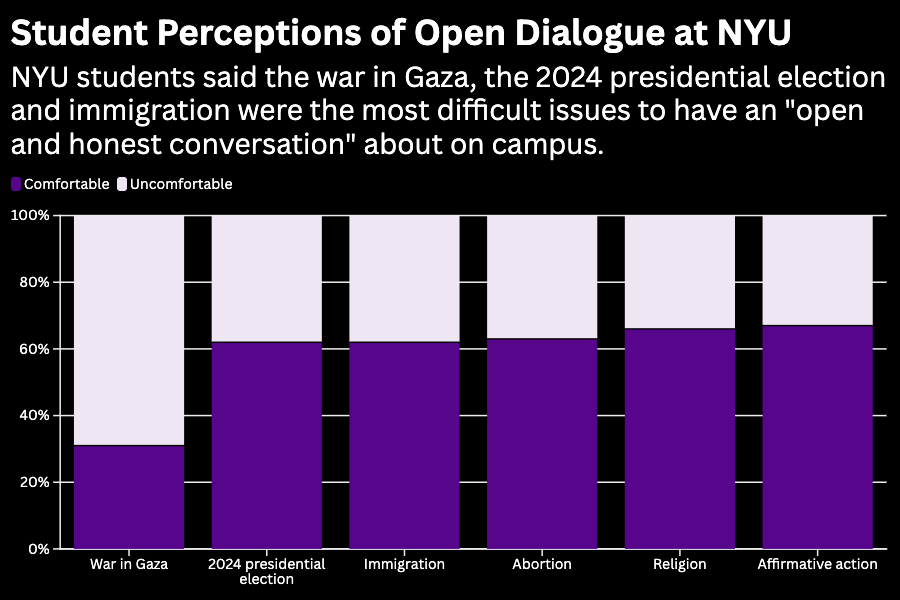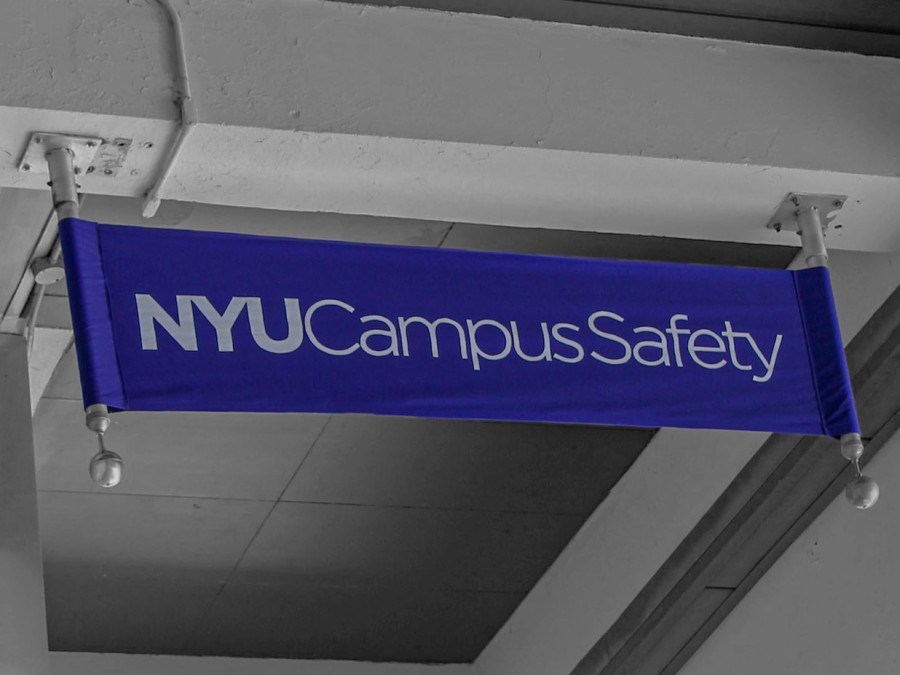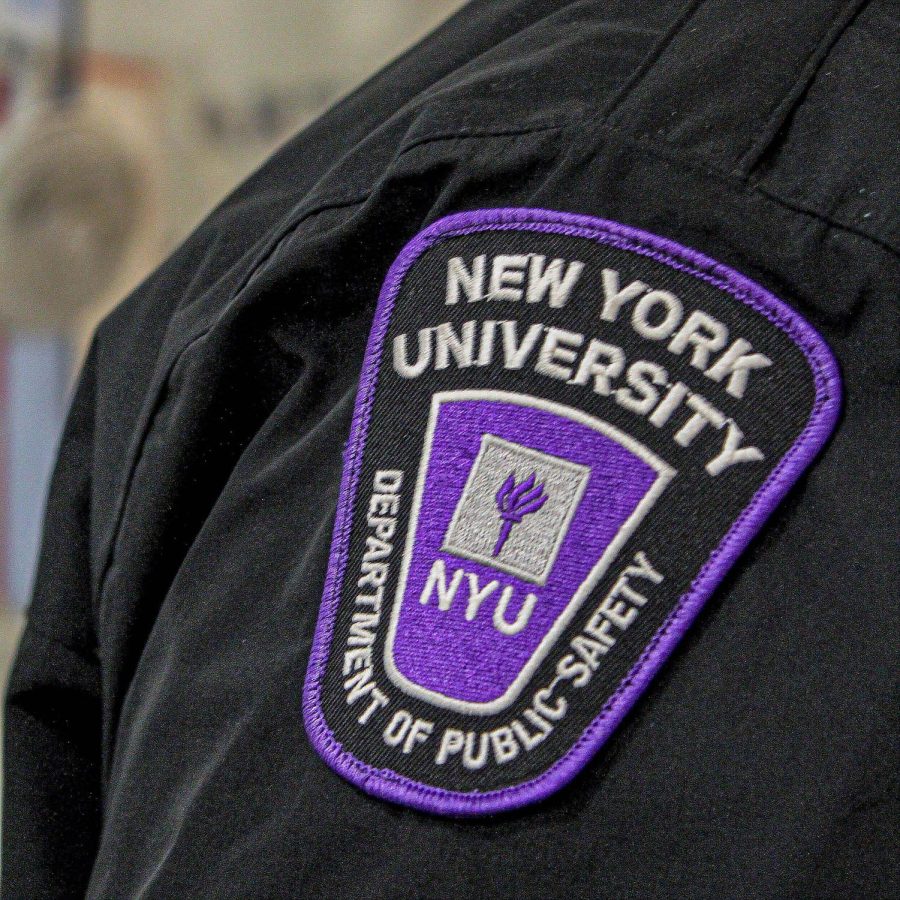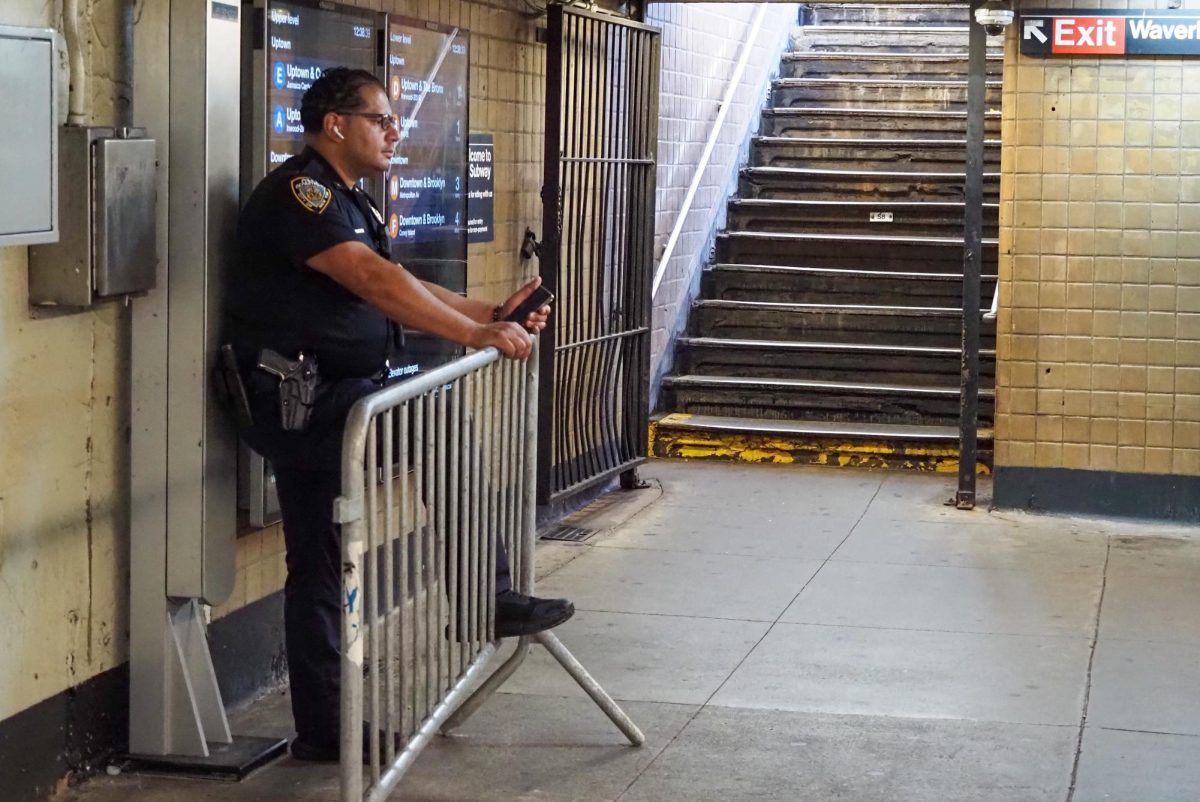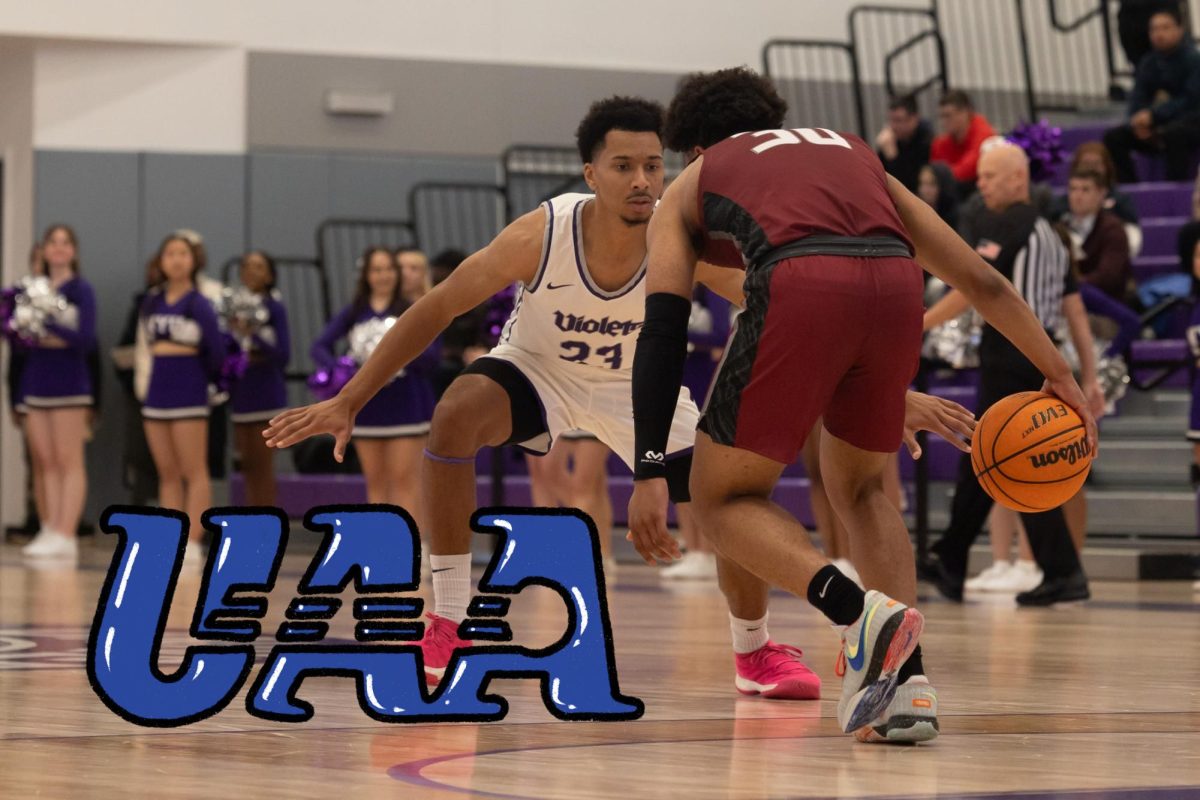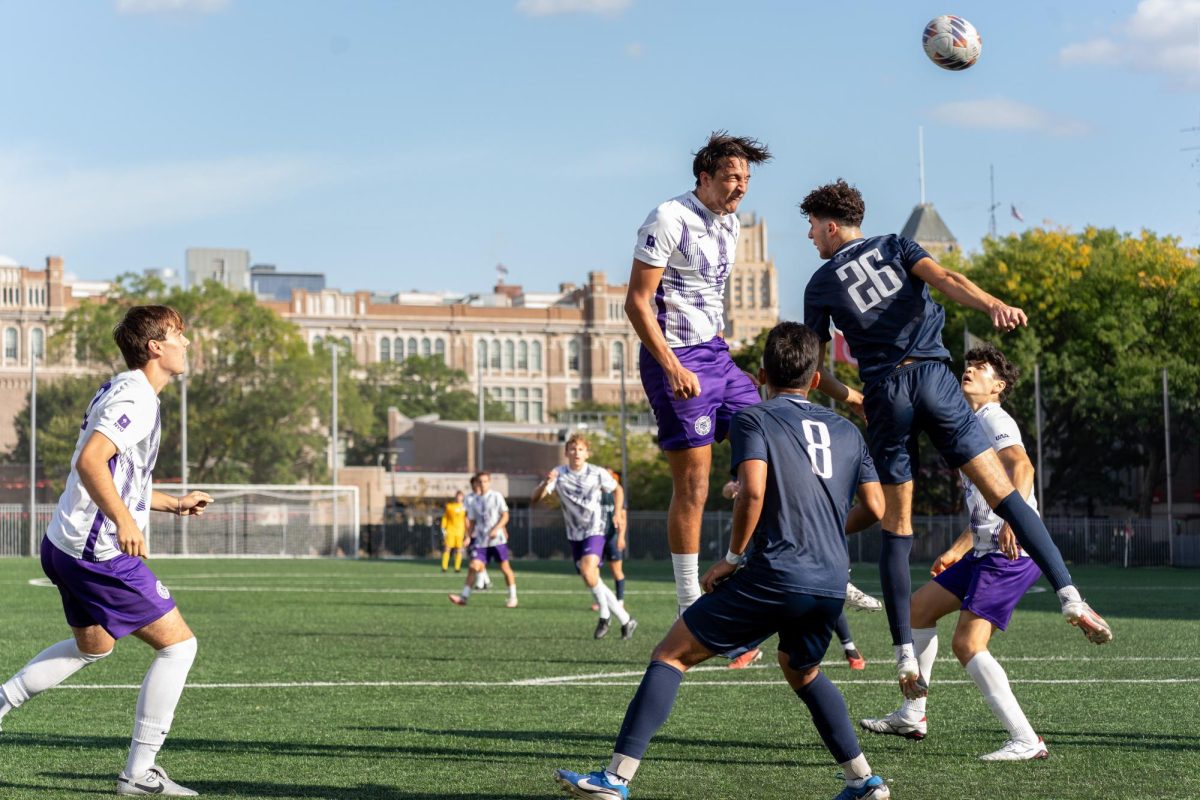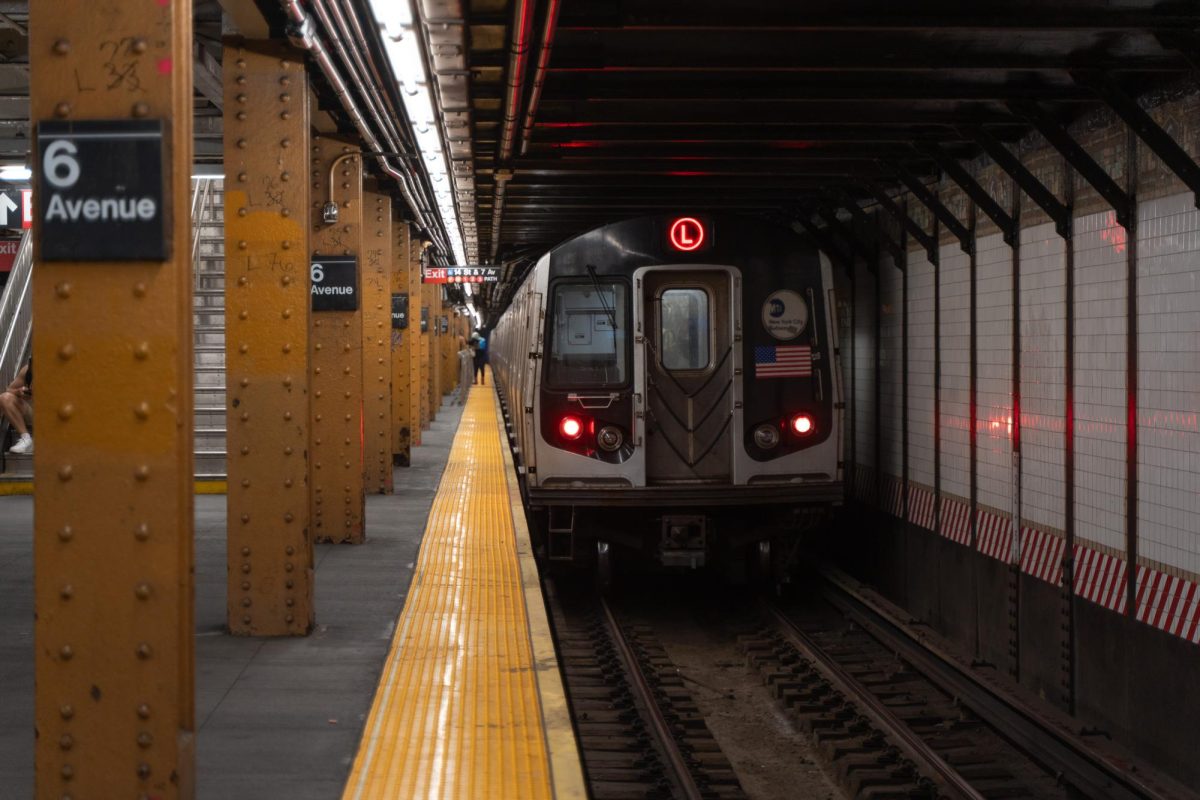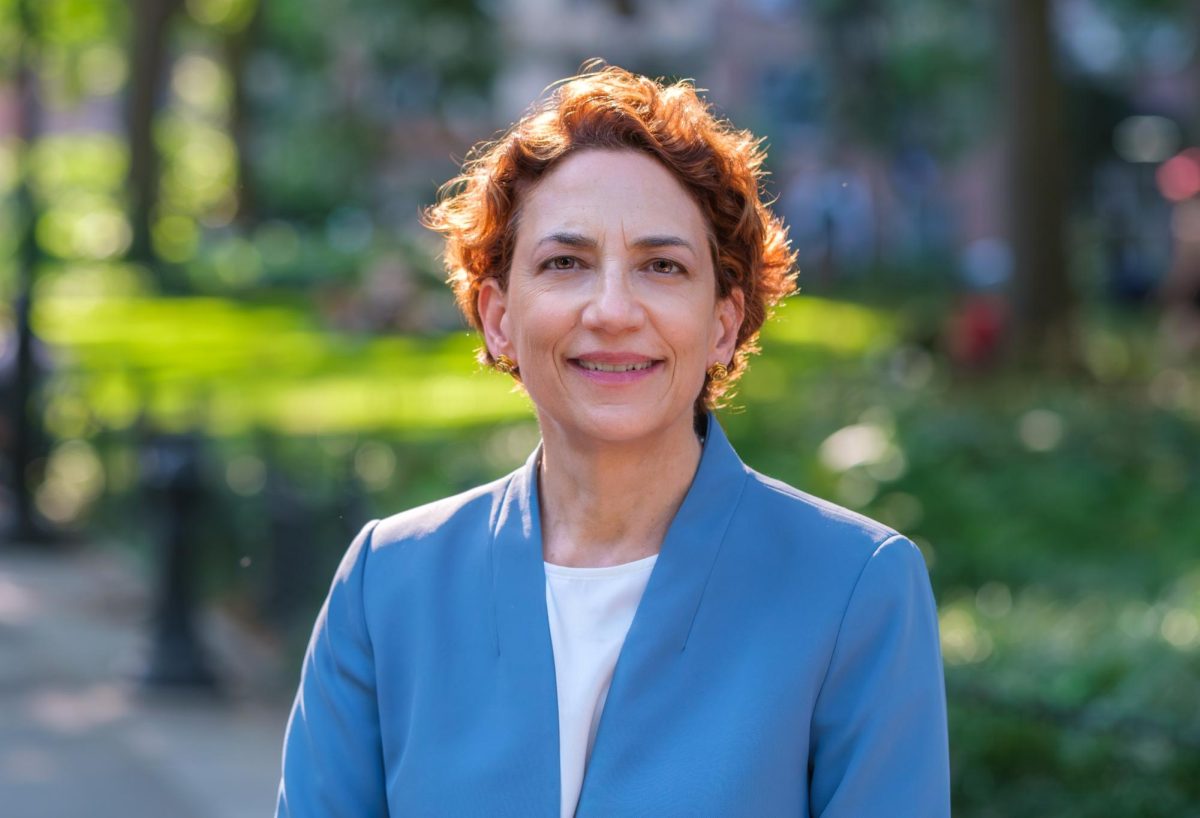Former Deputy Secretary of the U.S. Department of Transportation Polly Trottenberg has taken office as the dean of NYU’s Robert F. Wagner Graduate School of Public Service, President Linda Mills announced in a July memo.
Trottenberg, who also worked as Commissioner of the New York City Department of Transportation for seven years, began her role on Aug. 1, ending a six-month search for the position and succeeding former dean Sherry Glied, who stepped down after over a decade in the role. Mills also announced Trottenberg as a Global Distinguished Professor at NYU.
In a written statement to WSN, Trottenberg discussed her experience working in transportation and her vision for uplifting future public service workers.
This interview has been edited for length and clarity.
WSN: To you, what does it mean to be a Wagner student?
Trottenberg: I like to say that public servants “run to the fire.” Wagner students love a challenge, they are passionate about service and our job is to help them be leaders, innovators and changemakers during these uncertain times. I also believe Wagner can help strengthen public trust in government by tackling how the public sector can more effectively deliver public goods and services —- from affordable housing, better mass transit to clean energy infrastructure.
Trottenberg graduated from Barnard College in 1986 with a Bachelor of Arts in history and a Master of Public Policy from Harvard Kennedy School in 1992. After working under three U.S. Senators, including current Senate Minority Leader Chuck Schumer, Trottenberg became former President Barack Obama’s assistant secretary and under secretary for transportation policy for the five years. Most recently, she served as the Department of Transportation’s deputy secretary since 2021.
In 2014, Trottenberg became the commissioner of New York City’s Department of Transportation, as well as a board member with the MTA. She also worked as a senior advisor of transportation for former President Joe Biden’s transition team in 2020.
WSN: What are your key priorities for Wagner?
Trottenberg: We want Wagner students to be fully equipped with the tools and experience they need to confront and solve pressing issues from roles in government, philanthropy, nonprofits, NGOs and the private sector. In my first month at Wagner, I have been taking the time to meet with students, faculty, staff, alumni and members of the wider NYU community to hear everyone’s thoughts, suggestions and ideas for the school. Our world-class faculty’s research ranges from addressing health disparities to the global impacts of migration, AI, housing policy and climate change — in so many areas, their research helps form the basis for evidence-based public policy, showing how to move from theory to practice, and from ideas to real-world action.
During her time as NYCDOT commissioner, Trottenberg introduced the Vision Zero initiative to promote engineering, education and legislation that aimed to reduce roadway fatalities. Five years after launching the program in 2014, city traffic deaths dropped to 200 in 2019 from 299 in 2013 — and the city credits the initiative for their recent historic low.
WSN: Similar to Vision Zero, how will you approach investing in Wagner’s education and research programs?
Trottenberg: For me, Vision Zero was a compelling example of the power of data-driven research in action — that is the kind of work that Wagner students are training for and already undertaking, with the guidance of our faculty and the important research they are leading. During my time as New York City’s transportation commissioner, we looked at crash data on all New York City roadways across the five boroughs and discovered that just 10% of corridors and intersections were responsible for 50% of the city’s fatalities and serious injuries. That gave us a clear map of where to prioritize roadway design improvements, speed camera placement, and other safety interventions.
Wagner’s graduate program was recently ranked No.1 in urban policy for the seventh consecutive year. NYU is one of few universities that offer urban policy under a public policy school — urban planning program director Vanessa Deane previously touted the program’s community-oriented work amid cutbacks on federal funding for environmental research and policies.
WSN: How will you support research projects amid possible funding cuts?
Trottenberg: This is a challenging time in academia on many fronts, but NYU is an extraordinarily resilient institution with strong financial leadership. It is a top priority of mine as a new dean to ensure that the school has the resources it needs to provide a rigorous, world-class education for our students, many of whom are working or raising families, and to support our extraordinary faculty. I have no doubt that Wagner can and will continue to thrive in this moment.
Contact Kaitlyn Sze Tu at [email protected].


